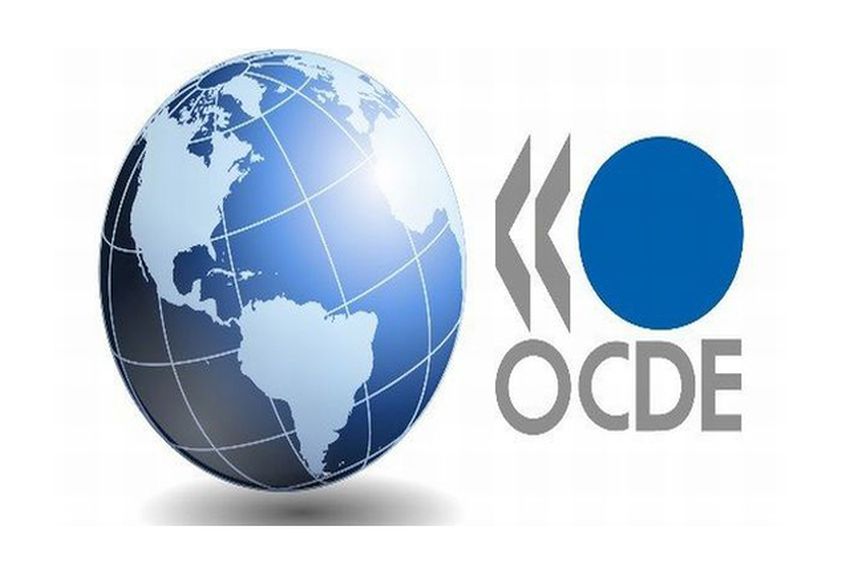Romania, one step closer to joining OECD
Romania has made progress towards joining the OECD

Ştefan Stoica, 01.03.2024, 14:00
The Organisation for Economic Cooperation and Development has this week endorsed its first Formal Opinion in Romania’s OECD accession process, following a technical review by the Committee of Senior Budget Officials, Romania’s finance ministry has announced.
The review took place last December, when the finance ministry presented the reforms implemented by Romania with a view to adjusting its budgetary governance to the Organisation’s policies and practices.
Such reforms mainly concern improving the efficiency of government spending, the capacity to handle budget challenges and an efficient management of the budget process.
Specifically, Romania’s progress has been assessed in relation to four key principles that guide the monitoring of candidate countries: efficient public expenditure, by means of efficient allocation of public resources based on concrete evidence; the capacity to handle current and future budgetary challenges and to approach high-level political priorities in a sustainable manner; accurate and accessible public expenditure through clear transparency and accountability mechanisms; efficient monitoring of the budgeting process by parliament and the existence of citizen participation mechanisms.
According to the finance ministry, accession to the OECD is a vital step for Romania in its efforts to ensure economic development and stability. This accession, Bucharest argues, is not a goal in itself, but rather a necessity for the progress and wellbeing of its citizens.
“The OECD membership means not only access to top-level expertise in a wide variety of fields, but it would also entail huge opportunities: attracting foreign investment, encouraging innovation and improving competitiveness are just some of the advantages,” the finance minister Marcel Boloş posted on his social media account. “We are fully involved in the accession process, we approach every step with utmost responsibility and we are willing to work together with OECD experts to align to OECD’s best policies and practices,” the finance minister also pointed out at the start of the review.
The Organisation for Economic Cooperation and Development is an inter-governmental body that aims to identify, disseminate and assess the application of the best public policies to ensure economic growth, wellbeing and sustainable development among member states and worldwide. The forerunner of the OECD was the Organisation for European Economic Co-operation (OEEC), which was formed in 1948 to administer American and Canadian aid under the Marshall Plan for the reconstruction of Europe after World War II.
The 38 OECD member states are developed countries, accounting for close to 70% of the world’s trade and production and for 90% of global foreign direct investment. (AMP)






























